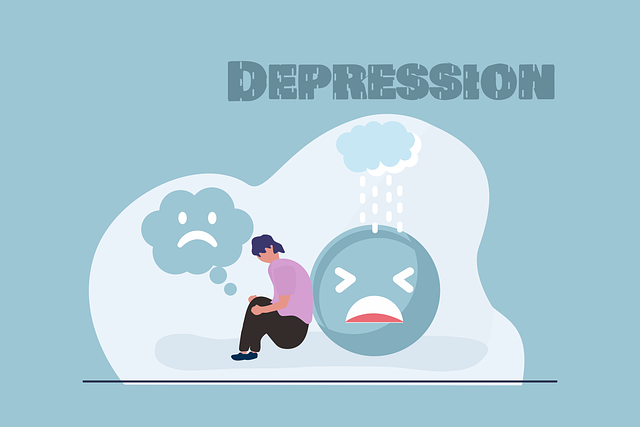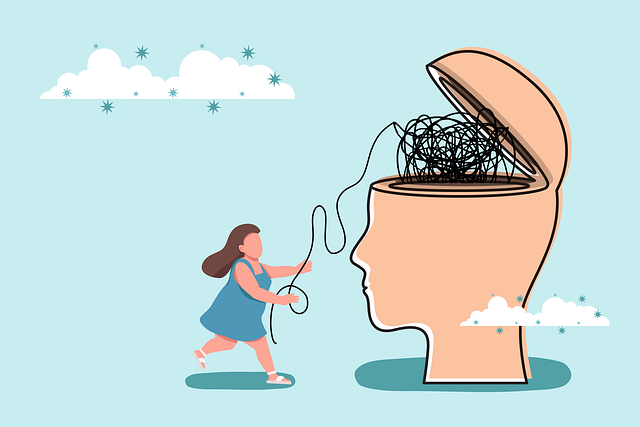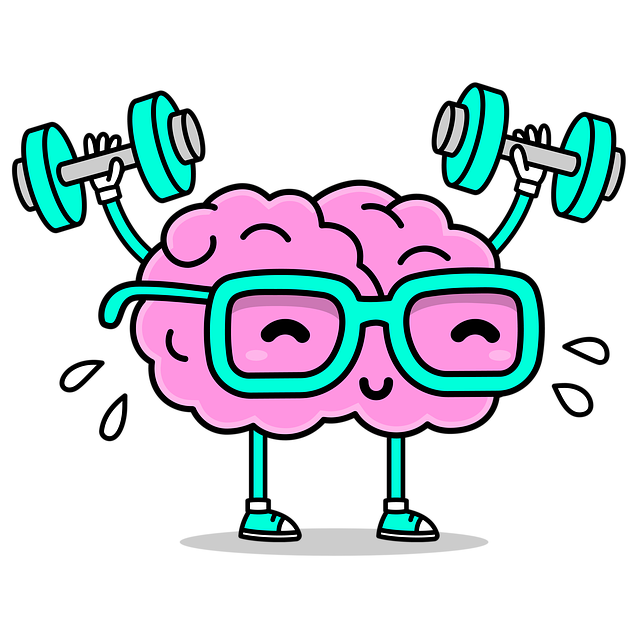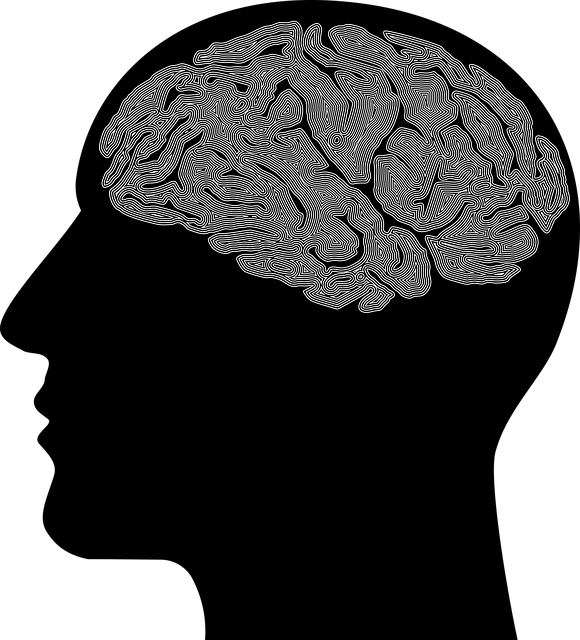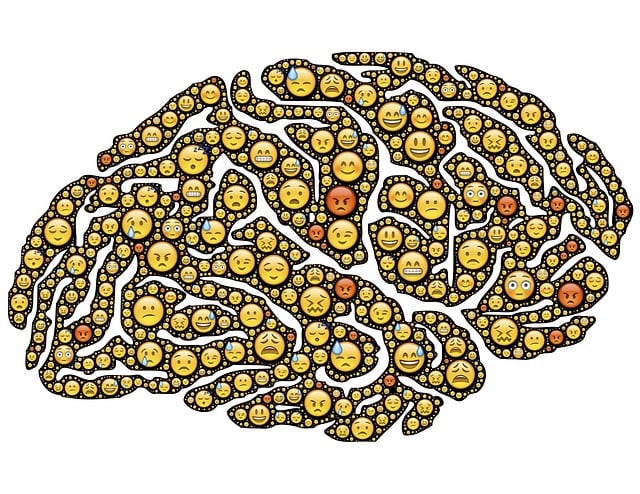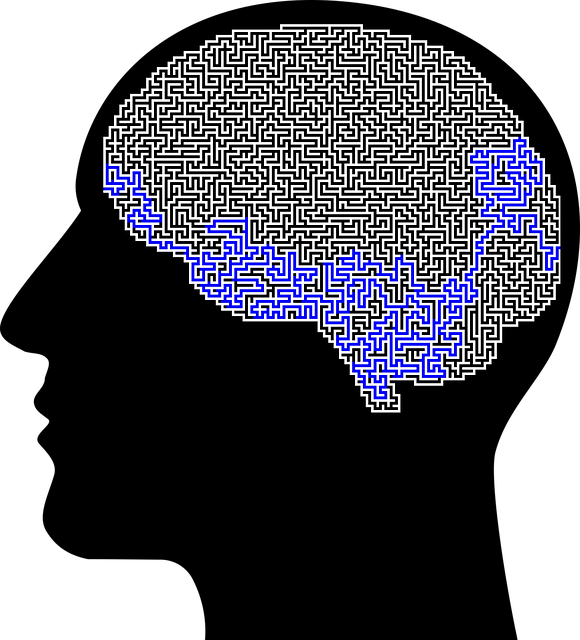Broomfield Eating Disorders Therapy prioritizes group facilitation as a powerful tool for mental wellness support. Through structured activities, open communication, and active listening, individuals create safe spaces to connect, heal, and grow. Facilitators guide participants in challenging negative thoughts, developing coping strategies, and building resilience. This approach includes risk management planning, trauma support, and Mental Illness Stigma Reduction Efforts. Effective communication, mindfulness meditation, and stress management workshops enhance emotional regulation and promote personal growth. Measuring success through goals and evaluations ensures the group environment is safe, supportive, and effective for all members.
Mental wellness group facilitation plays a pivotal role in enhancing therapeutic outcomes, especially in addressing issues like eating disorders. This article explores the art of group therapy through various techniques tailored for mental wellness. We delve into creating safe spaces, facilitating open communication, and fostering engagement. By understanding these strategies, professionals can provide effective Broomfield Eating Disorders Therapy, offering support and measuring success through adjusted facilitation approaches.
- Understanding the Role of Group Facilitation in Mental Wellness
- Creating a Safe and Supportive Group Environment
- Effective Communication Strategies for Group Sessions
- Techniques to Foster Open Dialogue and Engagement
- Measuring Success and Adjusting Facilitation Approaches
Understanding the Role of Group Facilitation in Mental Wellness

In the realm of mental wellness support, group facilitation plays a pivotal role in creating safe and nurturing environments for individuals to heal and grow. This dynamic approach differs from individual therapy sessions, as it empowers participants to connect with peers facing similar challenges. As a professional facilitating these groups, the primary goal is to foster open communication while ensuring everyone feels heard and respected. Techniques such as active listening, reflective practices, and structured activities promote a sense of belonging and encourage members to share their experiences, offering both support and accountability.
The art of group facilitation is particularly relevant in addressing issues like eating disorders (Broomfield Eating Disorders Therapy), where collective support can be a powerful tool for recovery. Moreover, these groups contribute to crucial aspects like risk management planning for mental health professionals, trauma support services, and Mental Illness Stigma Reduction Efforts. By facilitating open dialogue, facilitators help participants challenge negative thoughts, develop coping strategies, and build resilience—all while navigating the complex landscape of mental wellness together.
Creating a Safe and Supportive Group Environment

Creating a safe and supportive group environment is paramount in effective mental wellness facilitation. At Broomfield Eating Disorders Therapy, we prioritize cultivating an atmosphere that encourages open dialogue, fosters trust, and promotes active participation. Achieving this involves establishing clear ground rules from the outset, ensuring confidentiality, and actively listening to each member’s unique experiences and perspectives. Incorporating practices such as Mindfulness Meditation can enhance group cohesion and create a sense of calm, making it easier for individuals to share their struggles honestly.
Risk Management Planning for Mental Health Professionals is an essential component in mitigating potential challenges within group settings. By anticipating and addressing potential triggers, conflict resolution strategies, and emergency protocols, facilitators ensure the safety and well-being of every participant. Additionally, organizing Stress Management Workshops can empower group members with tools to navigate stressors outside the therapy room, reinforcing coping skills and promoting resilience. These collaborative efforts contribute to a supportive environment that facilitates meaningful connections, personal growth, and improved mental wellness for all involved.
Effective Communication Strategies for Group Sessions

In facilitating group sessions for mental wellness, effective communication strategies are key to creating a safe and supportive environment. As a Broomfield Eating Disorders Therapy practitioner, fostering open dialogue requires active listening, where facilitators show genuine interest in each participant’s experiences, ensuring everyone feels heard and valued. Encouraging participants to share their stories and perspectives builds trust, strengthens peer connections, and promotes a sense of belonging.
Additionally, techniques such as reflective listening and clarification questions enhance understanding. Facilitators can boost participants’ confidence by validating their feelings and encouraging self-expression. Mood management is also crucial; recognizing and navigating emotional shifts promptly ensures the group remains focused and productive. Incorporating mindfulness meditation exercises can further aid in regulating emotions and promoting mental clarity, ultimately enhancing the overall therapeutic experience at Broomfield Eating Disorders Therapy.
Techniques to Foster Open Dialogue and Engagement

In facilitating mental wellness groups, fostering open dialogue is key to creating a safe and supportive environment. Encouraging participants to share their experiences and perspectives can be achieved through active listening techniques, where facilitators show genuine interest and validate each individual’s contribution. This creates a sense of belonging and trust, allowing members to feel comfortable expressing their thoughts and emotions freely.
Interactive activities and group discussions centered around common themes or challenges can also spark engaging conversations. For instance, utilizing brainstorming sessions or role-playing scenarios related to Broomfield Eating Disorders Therapy encourages active participation. By incorporating these dynamic methods, facilitators not only promote open dialogue but also enhance the development of coping skills and stress reduction methods among group members. This collective sharing of experiences and strategies contributes to effective stress management and overall mental wellness.
Measuring Success and Adjusting Facilitation Approaches

Measuring success is a vital aspect of effective group facilitation. As a mental wellness practitioner, it’s crucial to establish clear goals and outcomes at the outset. These could include improvements in participants’ self-esteem, reduced symptoms of anxiety or depression, enhanced coping mechanisms, or increased social support. Regularly assess these metrics through pre and post-session evaluations, peer feedback, and individual progress reports from members. This data provides valuable insights into the group’s dynamics and the facilitation techniques employed, highlighting areas that are working well and those that need refinement.
For instance, at Broomfield Eating Disorders Therapy, facilitators might track depression prevention strategies’ effectiveness by measuring participants’ mood scores and dietary diversity over time. If certain approaches consistently yield positive outcomes, these can be further integrated into the group dynamic. Conversely, if a technique proves ineffective or causes unforeseen challenges, it may require adjustments or alternative methods. Adaptability is key; adjusting facilitation approaches based on ongoing assessments ensures that the group’s needs are met, fostering a safe and supportive environment for all members to thrive and grow.
Group facilitation plays a pivotal role in enhancing mental wellness, as evidenced by successful programs like those offered by Broomfield Eating Disorders Therapy. By creating safe spaces, employing effective communication strategies, and utilizing techniques to encourage open dialogue, facilitators can significantly impact individuals’ journeys towards healing. Measuring success through regular assessments allows for tailored adjustments, ensuring each group session provides maximum benefit. These proven methods not only foster engagement but also contribute to transformative experiences in group therapy settings.
